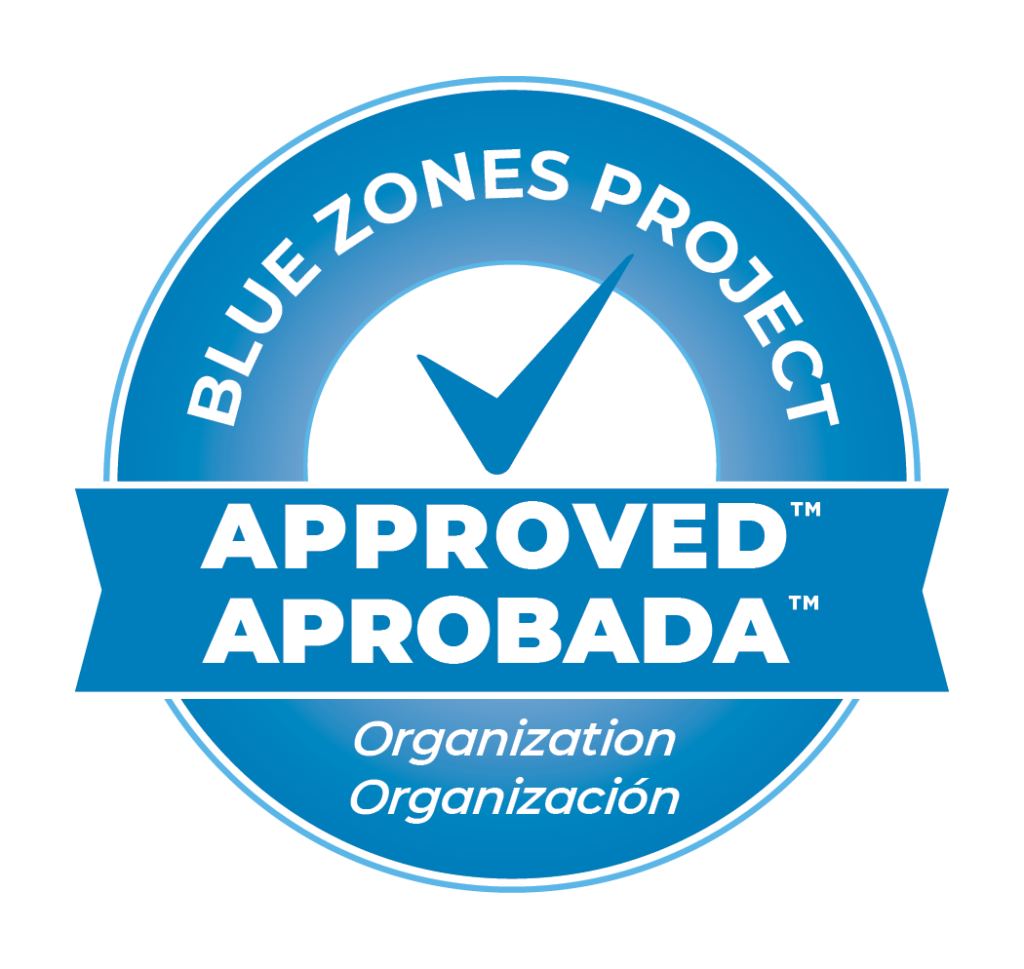According to the Depression and Bipolar Support Alliance, about 14.8 million adults in the U.S. are affected by Major Depressive Disorder. Because of this, suicide is the third leading cause of death for people ages 15-24, and those numbers are currently on the rise. Depression is very difficult for the individual suffering from it, as well as for their friends and family. Depression makes its victims feel hopeless, distressed, worthless, and anxious, to name a few.
That’s why, during October, we observe National Depression Education & Awareness Month. This important month helps teach us about the signs, symptoms, and treatment options for depression. It also lets all of us know that seeking help — either from a counselor, a trusted friend, or your community — is a sign of hope and strength.
How To Observe National Depression Education And Awareness Month
1. Reach out
One of the best ways to observe this month is to reach out to friends, family, and those in your community. A listening ear, a comforting hug, empathy, and asking questions while withholding judgment can go a long way to comfort others.
2. Share your story
Don’t be afraid to tell those who are struggling about your own experiences with depression. Depression is extremely common, and helping others know they are not alone can be very encouraging.
3. Educate yourself
One of the best ways you can help yourself (and those around you) is to learn about common symptoms and effects of depression. The more you know, the better you can recognize when someone may need your love and support.
Some symptoms of depression include depressed mood, loss of pleasure in all or most activities, weight/appetite change, change in sleep and activity, fatigue and loss of energy, lack of concentration, feelings of guilt or worthlessness, and suicidal thoughts.
If someone has several of these symptoms lasting two weeks or more, they need to see a medical professional as soon as possible. It’s more than sadness. It’s a chemical imbalance in the human brain that needs immediate medical attention.
Why National Depression Education And Awareness Month Is Important
1. It sparks conversations
Talking about depression and removing the stigma around it can do tremendous good. This also helps normalize depression (which is important, considering over 16.2 million people have experienced a major depressive episode). Chat with those in your community and use hashtags like #depressionawareness and #DepressionEducation&AwarenessMonth on social media to start the conversation.
2. It encourages others to reach out
Coping with depression is something nobody should have to do alone. By being open about the signs and symptoms of depression, and erasing the shame, we can encourage others to speak to a trusted friend, parent, doctor, or therapist about what they’re experiencing.
3. It ignites national change
Countless celebrities, politicians, and average citizens alike struggle with depression on a daily basis. As such, this opens many doors to change. Donating to a depression support group/organization, joining an awareness walk (such as NAMI), and following celebrity mental health advocates on social media (such as Lady Gaga, Kristen Bell, Dwayne “The Rock” Johnson, and Michael Phelps) can help us change the way our culture thinks about and responds to depression.




